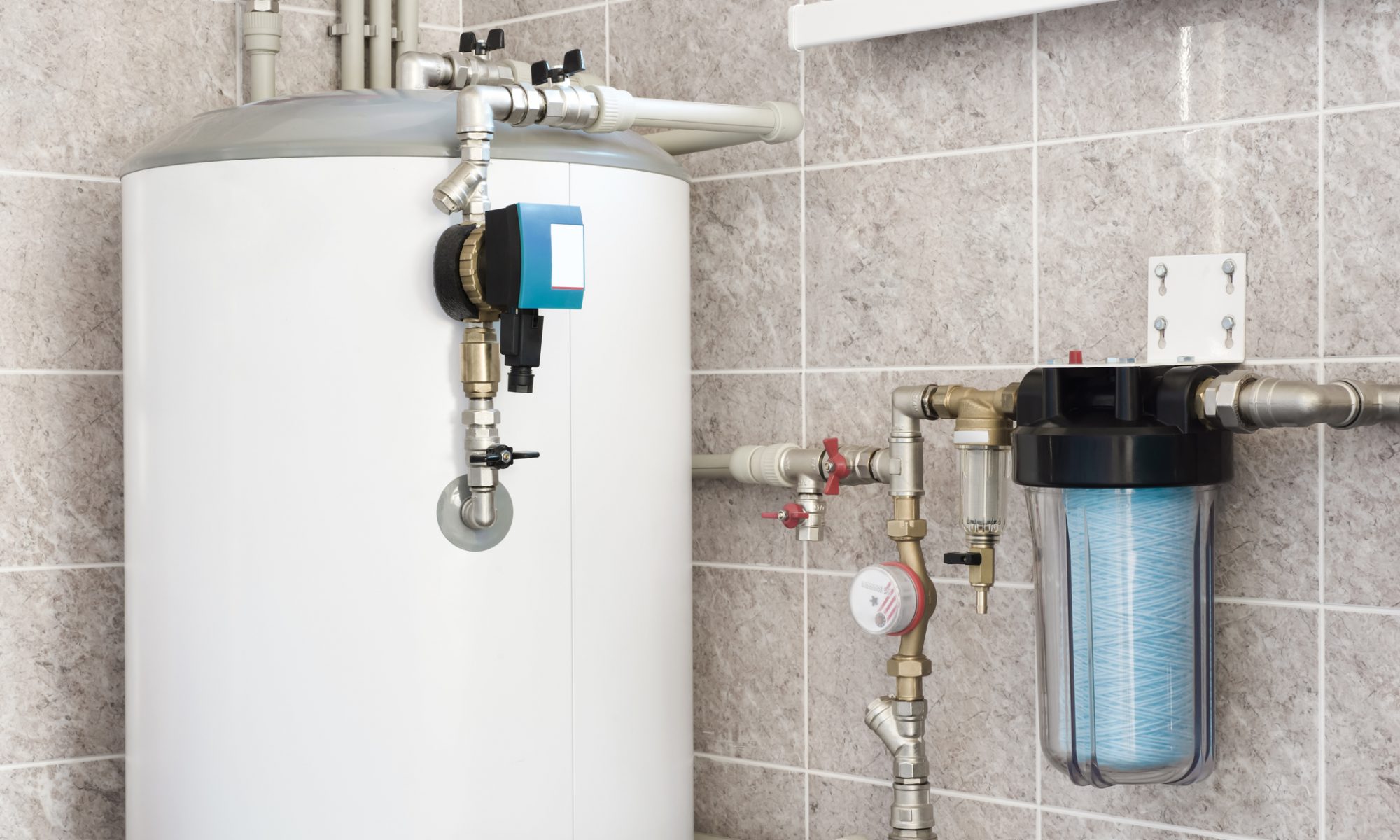Maintaining clear sewer lines is crucial for the health and functionality of your home’s plumbing system. Clogged sewer lines can lead to severe problems and potential damage, resulting in costly repairs and significant inconvenience. Understanding the common causes of these clogs and implementing preventive measures can save you time, money, and stress. At 412 Plumbing, we are committed to helping you maintain a healthy plumbing system with professional advice and services.
Common Causes of Clogged Sewer Lines
Tree Roots
One of the most common and damaging causes of sewer line clogs is tree roots. Tree roots are naturally attracted to the moisture in sewer lines. Over time, they can infiltrate even the smallest cracks in pipes, growing and expanding within them. This intrusion can lead to significant blockages and damage. Signs of tree root intrusion include slow drains, gurgling noises from toilets, unpleasant odors, and water backups. If you suspect tree roots are causing issues, it’s important to address the problem promptly to prevent further damage.
Grease Buildup
Another frequent cause of clogged sewer lines is grease buildup. Grease and fats from kitchens can solidify within pipes, creating stubborn blockages that are difficult to remove. Pouring grease down the drain might seem harmless, but it can accumulate and harden, leading to serious clogs. Preventive measures include avoiding pouring grease down the drain, using strainers to catch food particles, and regularly cleaning kitchen drains with hot water and vinegar. These practices can help keep your pipes clear and free-flowing.
Foreign Objects
Foreign objects are a common cause of sewer line clogs, and many households unknowingly contribute to this problem. Items like wipes, diapers, and feminine hygiene products should never be flushed down the toilet, as they do not break down easily and can cause blockages. Proper disposal involves placing these items in the trash instead. Educating household members on what should and should not be flushed can prevent many clogs and keep your plumbing system running smoothly.
Hair
Hair can accumulate in drains over time, leading to significant clogs in sewer lines. This is especially common in showers and bathroom sinks. To prevent hair from entering your plumbing system, consider installing hair catchers in showers and sinks. Regularly cleaning out hair from drains and opting for professional drain cleaning services can also help maintain clear sewer lines.
Sagging Sewer Lines
Over time, sewer lines can sag or “belly,” causing water to pool and debris to accumulate. This can reduce water flow and increase the risk of blockages. Sagging sewer lines are typically caused by soil conditions, ground settling, or improper installation. Addressing this issue often requires professional assessment and repair to ensure the integrity and functionality of your plumbing system.
Pipe Scale
Mineral deposits, also known as pipe scale, can form inside pipes, leading to restricted water flow and clogs. Hard water is often the culprit behind pipe scale buildup. Preventing this issue involves scheduling regular professional pipe descaling services and using water softeners if you have hard water. These measures can help keep your pipes free of mineral deposits and ensure optimal water flow.
Flushing Debris
Items like paper towels, cotton balls, and other debris should never be flushed down toilets. These items do not break down easily and can cause significant blockages. Educating household members about proper flushing practices is crucial. Only toilet paper and human waste should be flushed, while other bathroom waste should be disposed of in bins. Posting reminders in bathrooms about proper flushing practices can also be helpful.
Preventive Measures
Regular Maintenance
Regular maintenance is essential for the early detection and prevention of clogs. Scheduling regular sewer line inspections can help identify potential issues before they become major problems. At 412 Plumbing, we offer comprehensive sewer line inspections, professional drain cleaning, and routine maintenance plans to keep your plumbing system in top condition. Regular maintenance not only prevents clogs but also extends the lifespan of your plumbing system.
Proper Waste Disposal
Adopting safe waste disposal practices is key to keeping your sewer lines clear. This includes disposing of grease and food waste in the trash, using garbage disposals responsibly, and avoiding flushing non-biodegradable items. By following these recommendations, you can significantly reduce the risk of clogs and maintain a healthy plumbing system.
Installations to Prevent Clogs
Installing devices like hair catchers, grease traps, and other preventive installations can significantly reduce the risk of clogs. These devices help catch debris before it enters your plumbing system, reducing the need for frequent maintenance. The benefits of these installations include preventing debris from entering pipes, reducing maintenance needs, and prolonging the lifespan of your plumbing system.
Recognizing the Signs of a Clogged Sewer Line
Slow Drains
Slow drains are often the first sign of a developing clog. If you notice slow drainage in sinks, showers, or tubs, it’s essential to take immediate action. Using a plunger or drain snake can sometimes clear minor blockages. However, avoiding chemical drain cleaners is recommended, as they can damage your pipes. If the issue persists, contact 412 Plumbing for professional assistance.
Unpleasant Odors
Foul smells from drains or around the home can indicate a clog in your sewer line. If you detect unpleasant odors, check for blockages in drains and clean out traps and strainers. Persistent odors should prompt a call to 412 Plumbing for an inspection to identify and address the underlying issue.
Gurgling Sounds
Gurgling noises from drains and toilets can signal a blockage in the sewer line. These sounds occur when air is trapped in the pipes due to a clog. If you notice persistent gurgling noises, especially if multiple drains are affected, it’s time to call a professional plumber for an inspection.
Water Backups
Water backing up into sinks, tubs, and toilets is a serious issue that requires immediate attention. Water backups can cause significant damage to your home and indicate a severe clog in the sewer line. If you experience water backups, stop using water in affected areas and contact 412 Plumbing immediately. Avoid attempting to fix the issue yourself, as improper handling can worsen the problem.
Work with a Professional Plumbing Company
Clogged sewer lines can cause significant damage and inconvenience. By understanding the common causes and implementing preventive measures, you can maintain clear sewer lines and avoid costly repairs. Regular maintenance and professional inspections are key to ensuring the health of your plumbing system. At 412 Plumbing, we are dedicated to providing expert sewer line inspection and maintenance services to keep your home’s plumbing in optimal condition.
Don’t wait for a small clog to become a major problem. Contact 412 Plumbing for professional sewer line inspection and maintenance services. Our team of experienced plumbers is ready to help you maintain a clear and efficient plumbing system. Call us today or visit our website to schedule an appointment.





